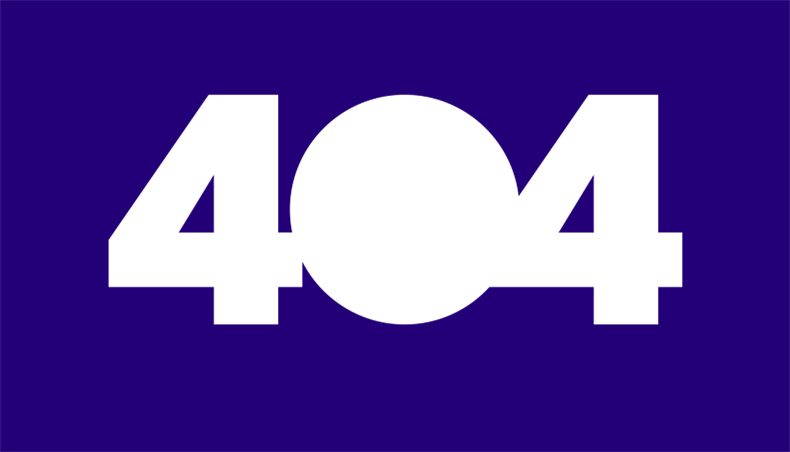
Poslovne finance
Poslovne finance
Poslovne finance
Poslovne finance
Poslovne finance
Poslovne finance
Poslovne finance

Ne skrbite, vaš račun je varen. Pojdite nazaj in pokusite znova ali pa raziskujte našo spletno stran za druge možnosti!
Želite raziskati več?